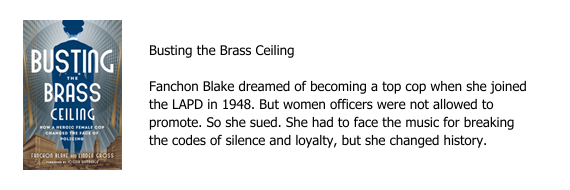You’ve got your book’s finish line in your sights. But which finish line? Completing your rough draft? Your first and second drafts? Your rewrite? How about your edit? Do you even know how to edit a book?
Yes, I know. You’re going to hire a line editor to refine your prose and a copy editor to correct any remaining grammar, spelling and punctuation errors because you want to self-publish a quality, professional book. Hopefully, you’ll even line up a proofreader. But before you turn over your copy to the pros, you want it to be as clean as possible.
Why?
Aside from the issue of pride and money (an editor will usually charge a lot less if your manuscript is in good shape), doing your own preliminary edit keeps you firmly in charge creatively. Will the editors you hire suggest changes? Absolutely. But you will hopefully have addressed the significant issues before you bring them in.
Where to start with your book edit?
I run a spell check and grammar check before I do anything. Sometimes, I run two. Microsoft Word is fast and easy, so that’s a great place to start. Then I settle in and open Grammarly. I know it’ll take a couple of hours or more, I know it won’t always be correct, and I know it won’t catch everything. But I’ll be well ahead of the game once it’s done since I won’t get distracted by stupid mistakes, so it’s worth it.
Although you’ve probably fallen in love with your book and your writing by this point, drag out that inner critic that you hopefully silenced during the creative process. Questions to keep in mind in addition to basic language upgrades when considering how to edit a book:
- Do your book’s opening and the subsequent chapter ledes hook the reader?
- Does the material in each chapter support the chapter’s theme or purpose?
- Does the book’s content or plot unfold logically?
- Have you relied on tired and meaningless cliches instead of putting your original spin on the wording or the detail? If you’re not sure if something is a cliche, paste that part of your manuscript into https://www.clichefinder.net/. Just be aware that you’ll only be able to check 10,000 characters at a time, which is probably a maximum of 2,500 words.
- Is there any lingering fat—language or ideas that don’t add anything—that needs to be put on a diet or cut?
- Are your facts or citations correct and, if necessary, correctly credited?
Once you’ve overhauled your manuscript and completed your revisions, read your manuscript aloud. You’ll be amazed at how many convoluted sentences will reveal themselves, including those you’ve convinced yourself are fine. You’re also more likely to spot word repetitions, conceptual redundancies, and flaws in chronology or logic.
If you’re thinking of bringing in beta readers—early test readers—this is the time. For one thing, you’ve probably gotten to the point where you can’t even see your book anymore. Having a bunch of people (hopefully not your friends and family) identify errors you may have missed and provide honest feedback can be invaluable.
After you’ve integrated any recommendations that make sense and corrected any mistakes the readers caught, print out your book. I can’t stress this enough. Reading hard copy will allow you to see your book in a whole new way despite how many times you’ve already combed through it. For that same reason, once your professional editors have done their job and you’ve sent your manuscript off to be formatted, order a physical proof and read your book once last time. This will not only ensure that you catch any typographical errors introduced in the page design and layout process, but you’ll also have one last chance to catch those couple of mistakes that somehow have managed to avoid detection.
After all this, will a typo potentially reveal itself after publication? Possibly. But you’ll know you’ve done the very best job you can.




















0 Comments